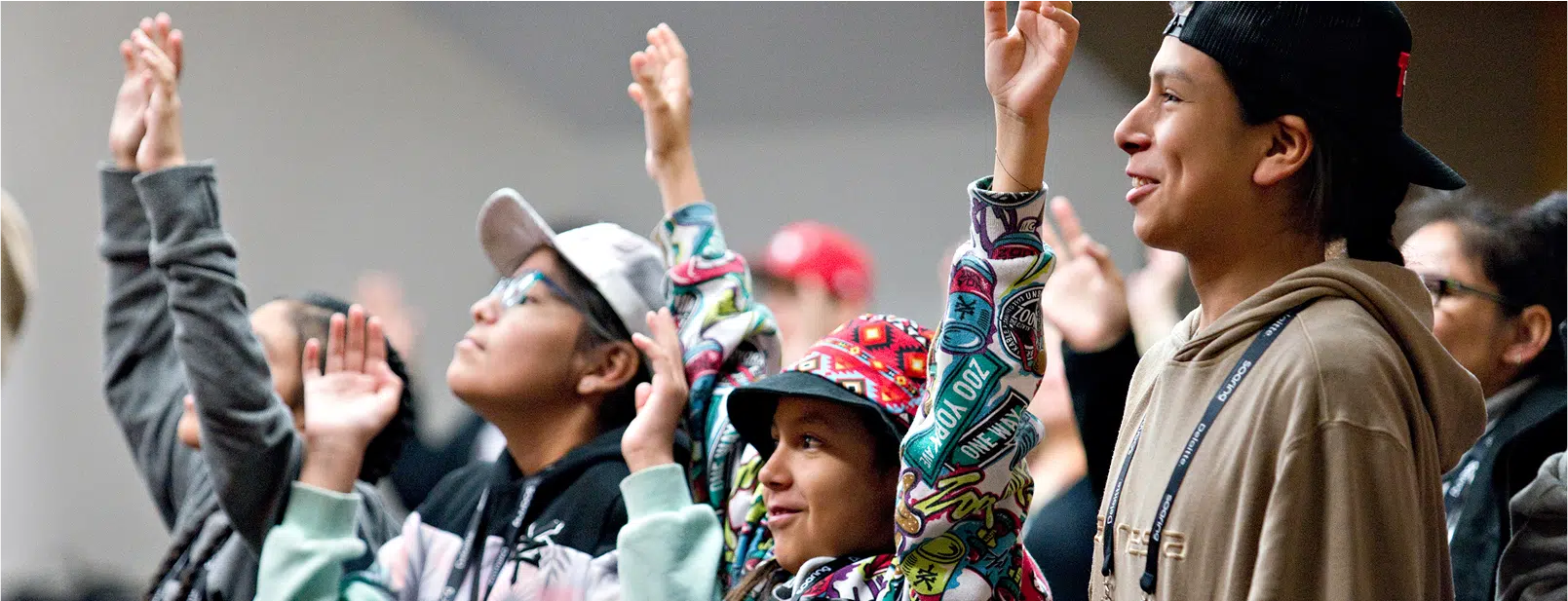Entering the job market as a new Indigenous post-secondary student in Canada can be both exciting and challenging. Your job search journey can pave the way for enriching professional experiences and the beginning of a rewarding career. Here are some strategies to help you navigate the job hunt successfully.
Understanding the Job Market
Begin by familiarizing yourself with the current job market in your field of interest. Understanding market trends, in-demand skills, and potential employers can inform your job search and application strategy.
Networking
Networking is often key to uncovering job opportunities. Engage with your school’s career services, attend job fairs, and join professional associations related to your field of study. Reach out to professors, classmates, and alumni, and let them know you’re job hunting. Building professional relationships can open doors to opportunities not advertised publicly.
Leveraging Post-Secondary Resources
Universities, colleges, and trades schools often offer resources to assist students in job hunting, such as career advising, job posting boards, resume workshops, and interview preparation. Utilize these resources to enhance your job search strategy and employability skills. (They’re also often free!)
Online Job Platforms
There are numerous online job platforms such as Indeed, LinkedIn, and Workopolis where you can search for and apply to jobs in various fields. Create a professional profile, upload your resume, and start applying for positions that align with your skills and career goals.
Specialized Indigenous Employment Services
Canada has several organizations dedicated to helping Indigenous individuals find employment, such as Aboriginal Job Board and Inclusion Network. These platforms often list job opportunities from employers who value diversity and inclusion.
Tailoring Your Resume and Cover Letter
A well-crafted resume and cover letter can set you apart from other candidates. Tailor them for each job application, highlighting skills and experiences that align with the job description. Don’t forget to mention any school-related achievements or extracurricular activities that demonstrate relevant skills.
Preparing for Interviews
Once you land an interview, preparation is key to making a good impression. Research the company, practice answering common interview questions, and prepare thoughtful questions to ask your interviewer.
Showcasing Your Cultural Competence
As an Indigenous student, you bring a unique cultural perspective that can be an asset to employers. If you feel comfortable doing so, consider discussing how your Indigenous heritage and values contribute to your work ethic, problem-solving abilities, or teamwork skills.
Professional Development
Continual learning and professional development can increase your employability. Pursue internships, co-op placements, workshops, or online courses to keep expanding your skillset and stay competitive in the job market.
Maintaining a Positive Attitude
Job hunting can be a lengthy process filled with rejection and uncertainty. It’s important to stay positive, persevere, and not be discouraged by setbacks. Keep refining your strategy and learning from your experiences – and remember that every application is a step closer to finding the right job for you.
In conclusion, finding a job as a new Indigenous post-secondary student in Canada involves strategic planning, networking, and the ability to showcase your skills effectively. As you embark on this journey, remember that your unique cultural heritage enriches your professional persona. Embrace this uniqueness and let it guide your way to a fulfilling professional path.


